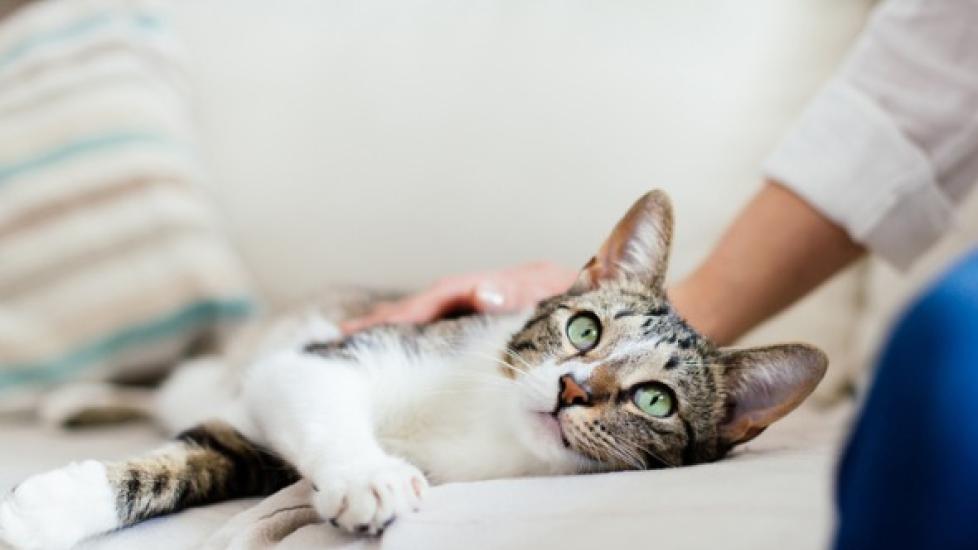 Introduction:
Introduction:
Cats, with their regal and independent natures, often keep their discomforts hidden from us. One such issue that can be quite distressing for our feline friends is constipation. As a pet parent, it’s crucial to recognize the signs of constipation in your cat and take steps to alleviate their distress. Here are eight ways you can help your constipated cat:
-
Increase Fiber Intake: Cats need fiber to maintain regular bowel movements. You can increase dietary fiber by adding high-quality sources like pumpkin puree or psyllium husk to your cat’s food. Ensure these additions are approved by your veterinarian before use.
-
Regular Exercise: Encourage physical activity as part of your cat’s daily routine. Playtime not only helps reduce stress but also stimulates digestion. Interactive toys and laser pointers can be particularly effective in getting cats moving.
-
Supervise Litter Box Use: Watch how your cat uses the litter box. If they seem hesitant or strain excessively while trying to defecate, this could indicate constipation. Staying observant allows you to catch issues early on.
-
Hydration Is Key: Dehydration can lead to constipation. Make sure fresh water is always available and encourage your cat to drink more by changing the location and type of water source periodically. Some cats prefer running water, so consider investing in a pet fountain.
-
Maintain Routine: Cats thrive on consistency, so keeping feeding times and environments predictable can aid in maintaining regular elimination habits. Avoid sudden changes in diet or environment that might disrupt your cat’s routine.
-
Environmental Enrichment: A stimulating home environment can reduce stress, which can contribute to digestive problems. Provide plenty of perches, scratching posts, and toys to keep your cat active and content.
-
Monitor Medications: Certain medications can cause constipation as a side effect. If your cat is on any prescription drugs, discuss potential side effects with your vet and monitor for any changes in bowel movements.
-
Seek Veterinary Advice: Regular check-ups with the vet are essential for all pets, especially if your cat experiences persistent constipation. Your veterinarian may recommend additional tests or treatments to address underlying health conditions that could be contributing to constipation.
By implementing these strategies, you can provide comfort and relief to your constipated cat. Remember, every cat is unique, and what works for one may not work for another. Always consult with a professional veterinary expert for personalized advice tailored to your pet’s needs.
